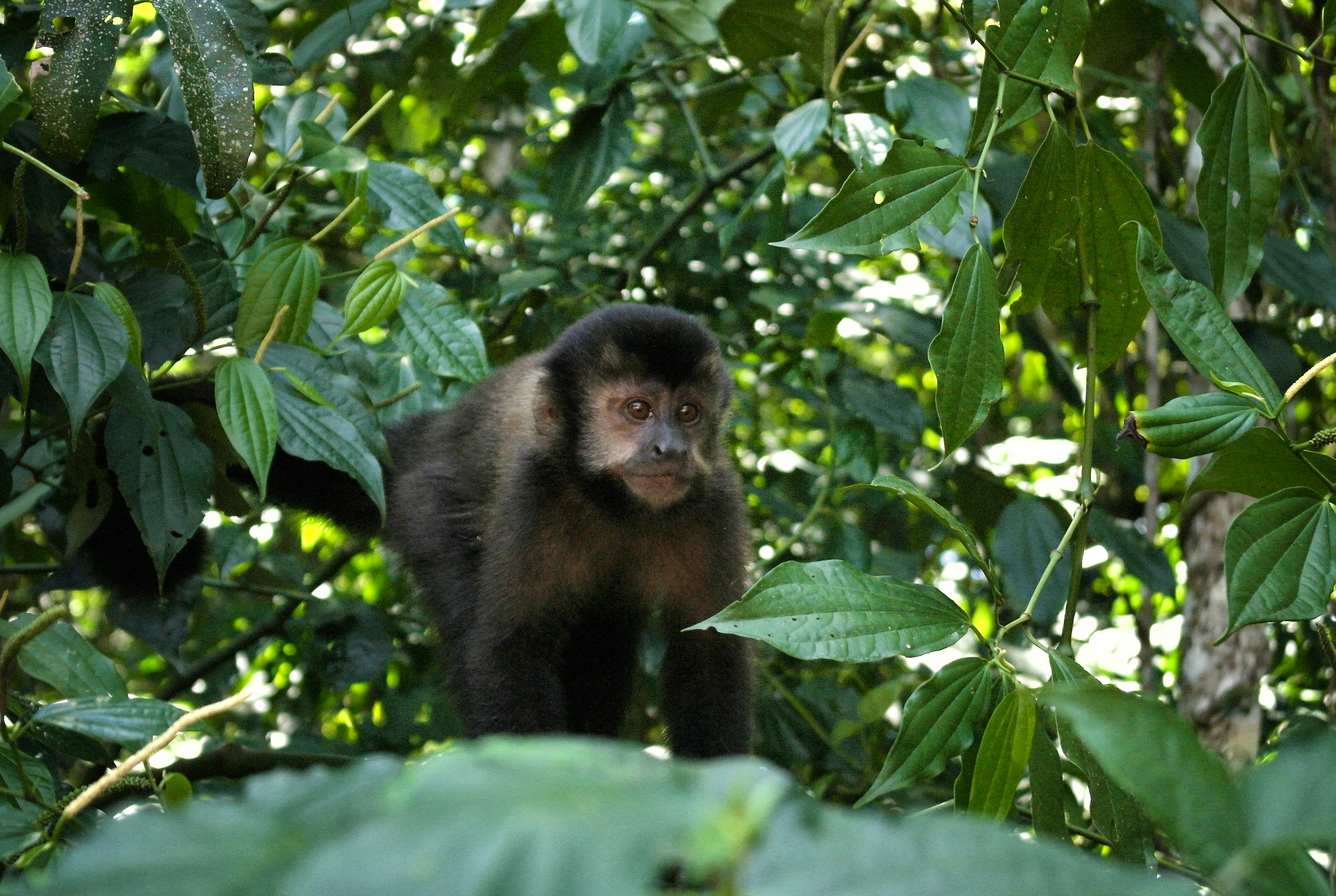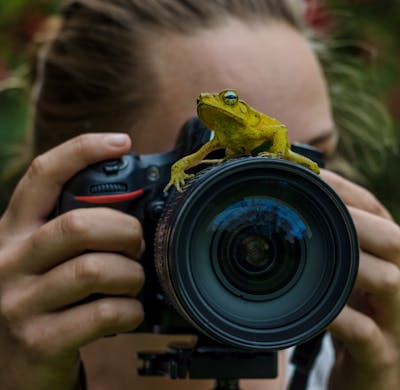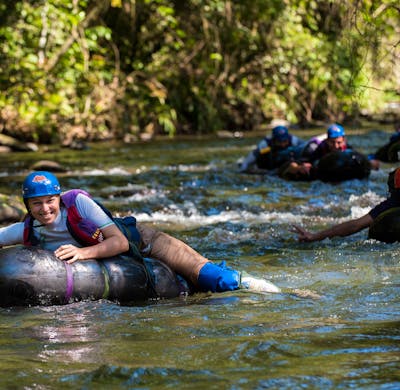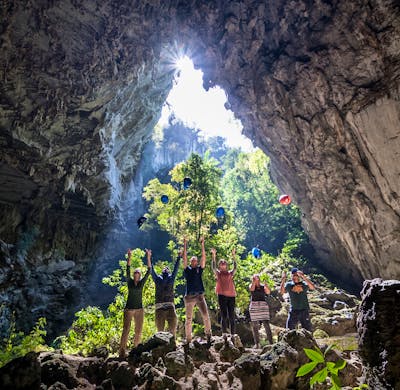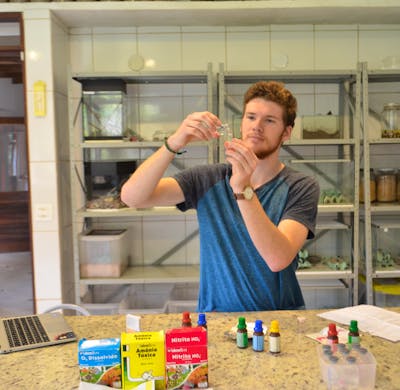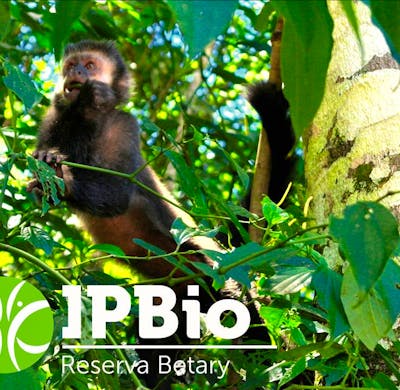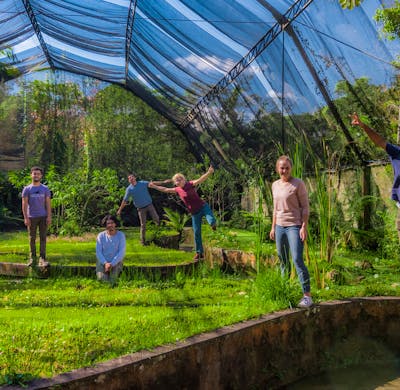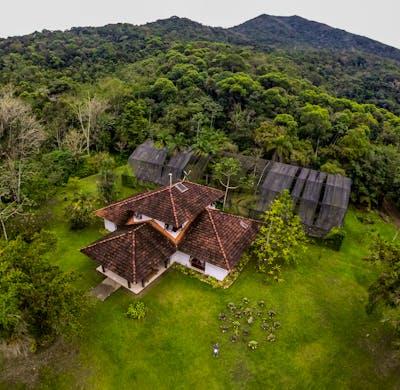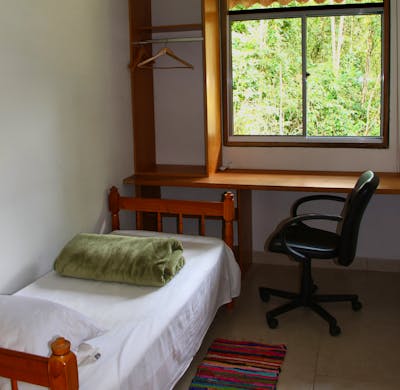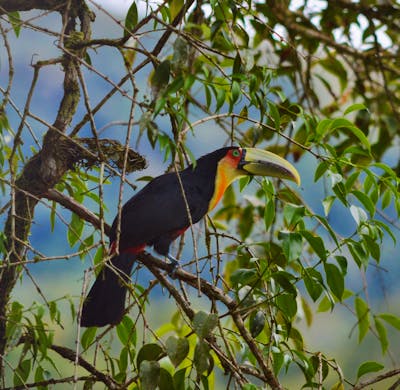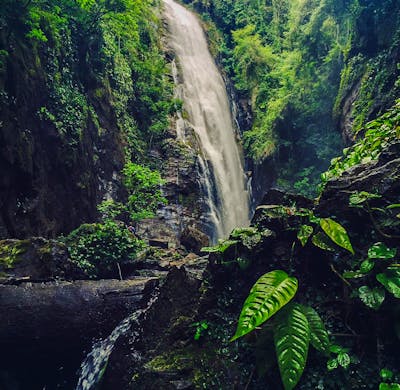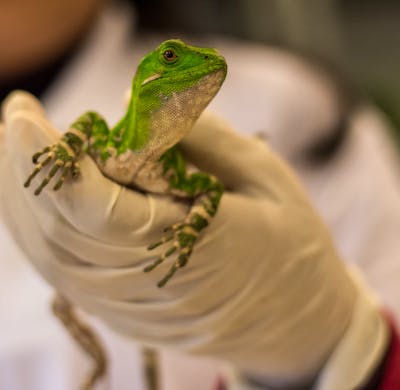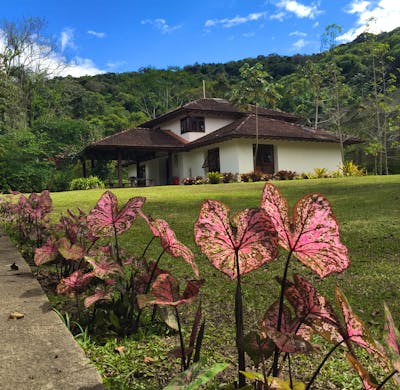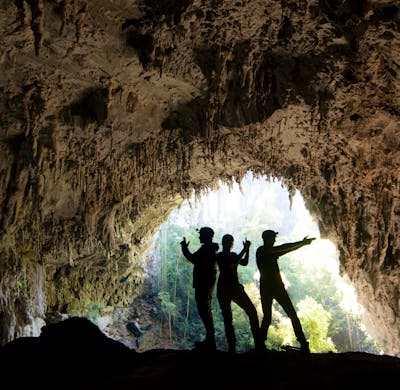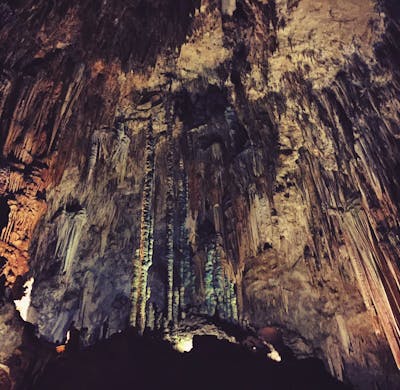from 588€
Mammal Monitoring (Eco-Supporter)
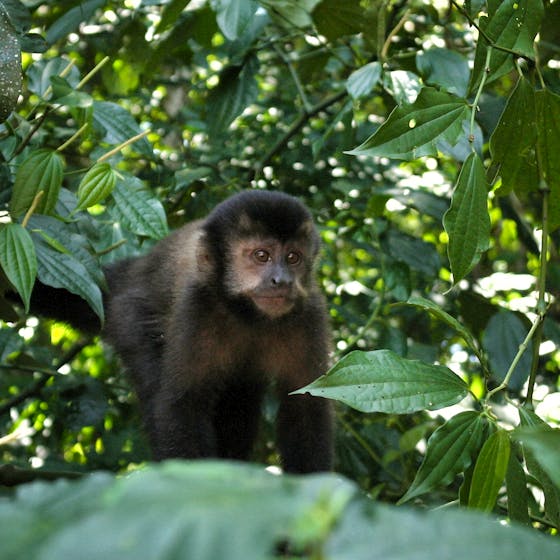
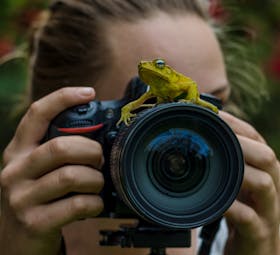
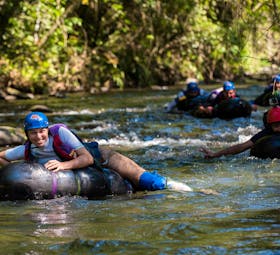
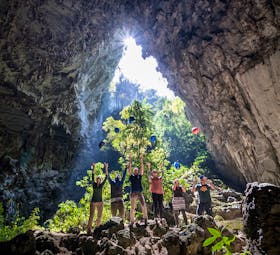
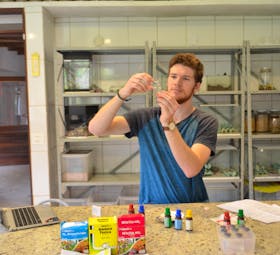
Especially suitable
About the program
Use cameratraps to film wildlife, sort through the videos to identify the species and rename the file accordingly. In addition, help as an eco-volunteer.
Role
We have various cameras which are installed in the forest and are on 24/7, so all this data needs to be sorted. This information is crucial to understand the natural competition animals will face and will help the Animal Release Center to decide where to release the animals.
The mammal ...
Typical day
A typical day is starting at 9am and heading into the forest to conduct the tree inventort which requires measuring, photographing and attempting to identify species of trees. At noon you will come back to make some lunch and have an hour break. After lunch we would go and collect the SD card ...
Free-time activities
- Caves: Iporanga is called “The Cave Capital of Brazil” with over 400 caves in the town. Below are just the highlights.
•Casa da Pedra is the world’s largest cave entrance of 215 meters. The trip involves a 2-hour hike to the opening where there is a place to sit down and have a picnic and ...
Requirements
What's Included
What's NOT included?
Details on arrival
Program fees
Meet your organization

IPBio - Reserva Betary
Non-profit - founded in 2014
Verified by Volunteer World
Coordinated by
Imran
About the project
95 reviews ·  4.7
4.7
Location

You might also be interested in
-
Howler Monkeys
Monkeys
Latin America
Best Volunteer Programs
Voluntouring
Adults
Group Volunteering
Internships in Brazil
Mission Trips
Couples
Projects Abroad
Volunteer Trips for College Students
Global Volunteer Opportunities
